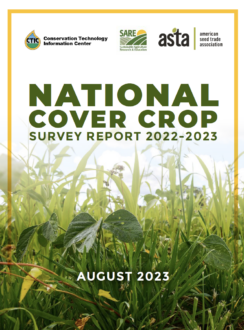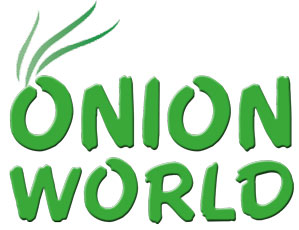|
Click to listen to this article
|
A new national survey report has found that the vast majority of farmers who use cover crops don’t need incentive payments to continue with the practice because of how much they appreciate its value to their land and business.
According to the National Cover Crop Survey, incentives play a key role in getting some farmers started on cover crops—49% of the cover crop users participating in the survey reported receiving some sort of payment for cover crops in 2022, and 77.8% of cover crop non-users said incentive payments would be helpful. However, 90.3% of the farmers who were receiving cover crop incentives reported that they would definitely or probably continue planting cover crops after the payments ended, while only 3.3% said they definitely or probably would drop cover crops at the end of the incentive program.
In all, just 15.6% of cover crop users said receiving incentive payments was one of their goals for cover cropping.
These findings were among many conclusions drawn in a report, issued jointly by SARE, the Conservation Technology Information Center (CTIC) and the American Seed Trade Association (ASTA), based on insights from nearly 800 farmers in 49 states.
“Cover crop incentive payments are an important factor in encouraging and helping farmers to transition into cover cropping, but once they see the soil health improvements and other cover crop benefits, most stick with cover crop planting long after the incentives end,” says Dr. Rob Myers of SARE, lead researcher on the 2022-2023 National Cover Crop Survey Report. “Insights like these make the National Cover Crop Survey such a valuable tool in understanding the impacts of cover crops, the motivations of users and non-users, and needs for additional information and incentives.”
The full report, a summary of this and other key findings, and reports from prior surveys, are all available here.



